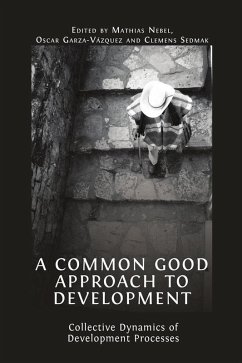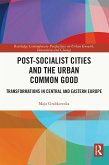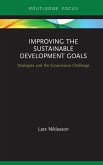This edited collection proposes a common good approach to development theory and practice. Rather than focusing on the outcomes or conditions of development, the contributors concentrate on the quality of development processes, suggesting that a common good dynamic is key in order to trigger development. Resulting from more than three years of research by an international group of over fifty scholars, the volume advocates for a modern understanding of the common good-rather than a theological or metaphysical good-in societies by emphasising the social practice of 'commoning' at its core. It suggests that the dynamic equilibrium of common goods in a society should be at the centre of development efforts. For this purpose, it develops a matrix of common good dynamics, accounting for how institutions, social norms and common practices interconnect by identifying five key drivers not only of development, but human development (agency, governance, justice, stability, humanity). Based on this matrix, the contributors suggest a possible metric for measuring the quality of these dynamics. The last section of the book highlights the possibilities enabled by this approach through a series of case studies. The concept of the common good has recently enjoyed a revival and inspired practitioners keen to look beyond the shortcomings of political and economic liberalism. This book builds on those efforts to think beyond the agenda of twentieth-century development policies, and will be of interest to those working in the fields of development, economics, sociology, philosophy and political science.
Dieser Download kann aus rechtlichen Gründen nur mit Rechnungsadresse in A, B, BG, CY, CZ, D, DK, EW, E, FIN, F, GR, HR, H, IRL, I, LT, L, LR, M, NL, PL, P, R, S, SLO, SK ausgeliefert werden.









